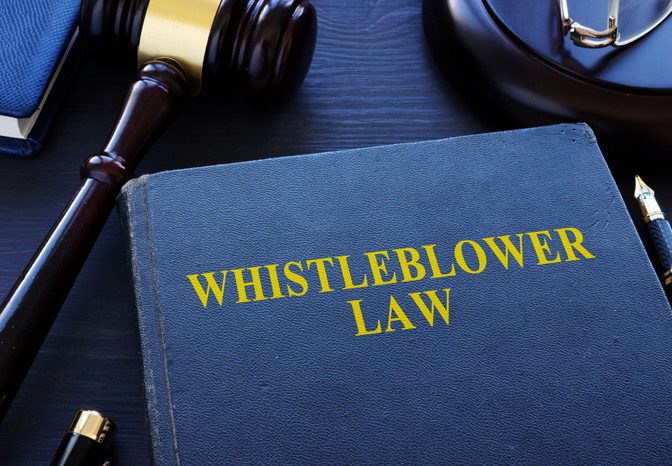

Whistleblowing, the act of reporting misconduct or illegal activities within an organization, plays a crucial role in maintaining transparency, accountability, and ethical practices in the workplace. However, the decision to blow the whistle can come with significant risks, including potential retaliation from employers. It is essential for employees to understand their rights and the protections available to them when engaging in whistleblowing activities.

Legal Protection For Whistleblowing
In the United States, several federal and state laws aim to safeguard whistleblowers from retaliation. While specific laws may vary across jurisdictions, the underlying principles remain consistent. These laws aim to protect employees who disclose information about legal violations, fraud, or other unethical behavior from adverse employment actions.
The Whistleblower Protection Act (WPA) is a federal law that provides safeguards for federal employees who report misconduct. It prohibits reprisals against employees who disclose wrongdoing and establishes procedures for investigating claims. Additionally, the False Claims Act (FCA) allows individuals to bring lawsuits on behalf of the government and provides protections against retaliation for those who expose fraudulent activities.
At the state level, Nevada has its own statutes to protect whistleblowers. The Nevada Whistleblower Law (NRS 281.611-281.641) safeguards state employees who disclose information about legal violations or malfeasance. It prohibits retaliatory actions such as termination, demotion, or harassment against whistleblowers.
Employer Responsibility
In addition to legal protections, organizations should establish internal mechanisms to encourage and support whistleblowing. Companies can develop clear policies and procedures for reporting misconduct and provide anonymous reporting channels to protect employees who fear retaliation. Training programs can also educate employees on the importance of reporting and the protections available to them.
Retaliation Claims
Despite these safeguards, retaliation against whistleblowers remains a prevalent concern. Employees who speak out often face negative consequences such as termination, demotion, or isolation within the workplace. To address this issue, whistleblowers may file retaliation claims against their employers.
Retaliation claims typically require demonstrating a causal link between the protected activity (whistleblowing) and the adverse employment action. Retaliation can take many forms, including direct actions against the whistleblower or creating a hostile work environment. Employees who prevail in retaliation claims may be entitled to remedies such as reinstatement, back pay, compensatory damages, and attorney fees.
When considering blowing the whistle, employees should gather as much evidence as possible to support their claims. Documenting instances of misconduct, retaining relevant documents, and maintaining a record of communications can bolster the credibility of a whistleblower’s case.
Compliance With Whistleblowing Laws
Whistleblowing serves as a vital mechanism for exposing wrongdoing in the workplace. Employees who choose to blow the whistle on illegal activities should be aware of their rights and the protections available to them. Federal laws like the Whistleblower Protection Act and the False Claims Act, along with state laws such as Nevada’s Whistleblower Act, provide safeguards against retaliation. By fostering a culture that values transparency and accountability, organizations can create an environment where whistleblowers are protected and encouraged to come forward, ensuring the integrity of the workplace.
Navigating the complex legal landscape of whistleblowing and retaliation claims can be challenging. Seeking legal counsel experienced in employment law can provide invaluable guidance and support. Rafii Law attorneys specializing in whistleblowing and retaliation cases can assess the merits of a claim, guide employees through the reporting process, and advocate on their behalf. Contact the firm’s law offices today to schedule a consultation.

